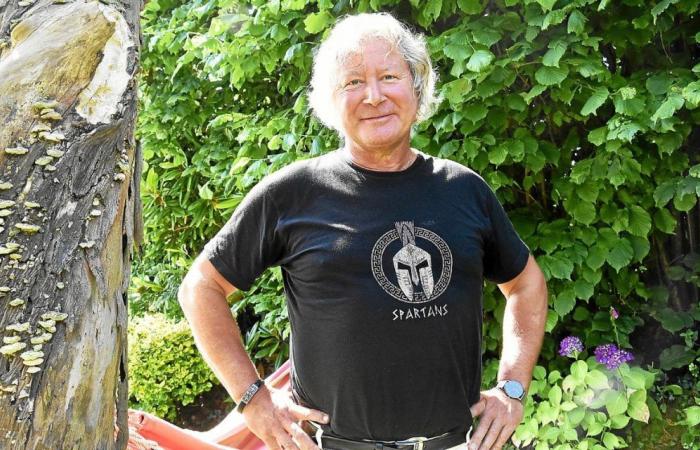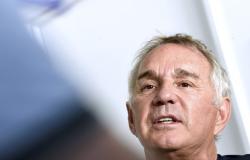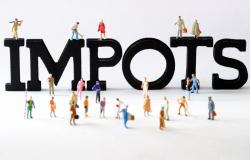It was a generous gesture that saved his life. It was supposed to be a blood donation like Guillaume Moingeon had been used to doing for 39 years. On October 31, 2022, at the French Blood Establishment (EFS) in Baden, this Ploerin native had engaged in this exercise that he had made regular. But three days later, a letter invited him to contact his doctor. In the meantime, the EFS had carried out the tests carried out for each donation: to detect the hemoglobin level and viruses and bacteria. “Without these results, we cannot use the donation. These tests are carried out to ensure a very high level of transfusion safety,” explains Julien Robinet, director of the EFS collection for Brittany. However, the EFS specifies that the purpose of blood donation is not to replace a blood test. It was following these tests that the bag donated by Guillaume Moingeon was removed from the circuit, so he was warned. “I didn’t think about a serious illness,” recalls the sixty-year-old. “I was tired, I thought about long-term Covid. And I needed a vacation.”
“I was going to die any day”
But the analyzes that follow do not tell the same story. He is now sent to the hematology department of Vannes hospital, before being summoned for an oncology appointment. At the beginning of December, he realized it was a rare form of cancer that was attacking him, myelofibrosis, which was making his blood too thick. “I was told that I had a fatal, incurable cancer. I was going to die any day now from a stroke.” The situation is serious and urgent. The same day, he was bled. “When I heard this term, I thought I found myself in the 17th century with characters from Molière. I told myself that I hadn’t left the inn,” the writer then became alarmed. He experienced this trying remedy six times.
Guillaume Moingeon tells of doctors who struggle to understand how his heart was able to adapt to such thick blood. “He started beating harder,” the patient summarizes today.
He then goes through “a state of shock”. This optimist prepares for the worst, writes his will, advances his book of memoirs. Hope comes from a clinical trial he is joining. After this blood donation which saved him, he sees in this medicine a second wink: this treatment is the fruit of research made possible thanks to the Telethon. A cause to which he also gives. This is the first moral he draws from his own story: “Give! », he encourages. He, who for the first time had given his blood for military service, not to save lives, but to obtain a 48-hour leave!
“I added another layer of desire to live!”
Once the dejection is over, he enters another phase. He finds energy again, decides to give his cancer a nickname and addresses it: “In Brittany, we eat crabs!” This biker wants to believe that this disease will not kill him. “I would prefer to die at 90, riding my bike.”
Since then, Guillaume Moingeon has resumed his life, under medication, but with a “Carpe diem” tattooed on his arm. “I have regained a layer of optimism and desire to live! “. He encourages his fellow citizens to be generous. “We must announce to our loved ones that we are donating our organs. We must give time to associations, give to the Telethon. And for those who are not generous, say that if they give, they will perhaps one day be rewarded.”
He can no longer give blood. 180,000 people do this every year in Brittany. This June, as every year, and even more so in this Olympic year, the French Blood Establishment invites donors to think of those who need it. Like Guillaume, who went from donor to recipient.






